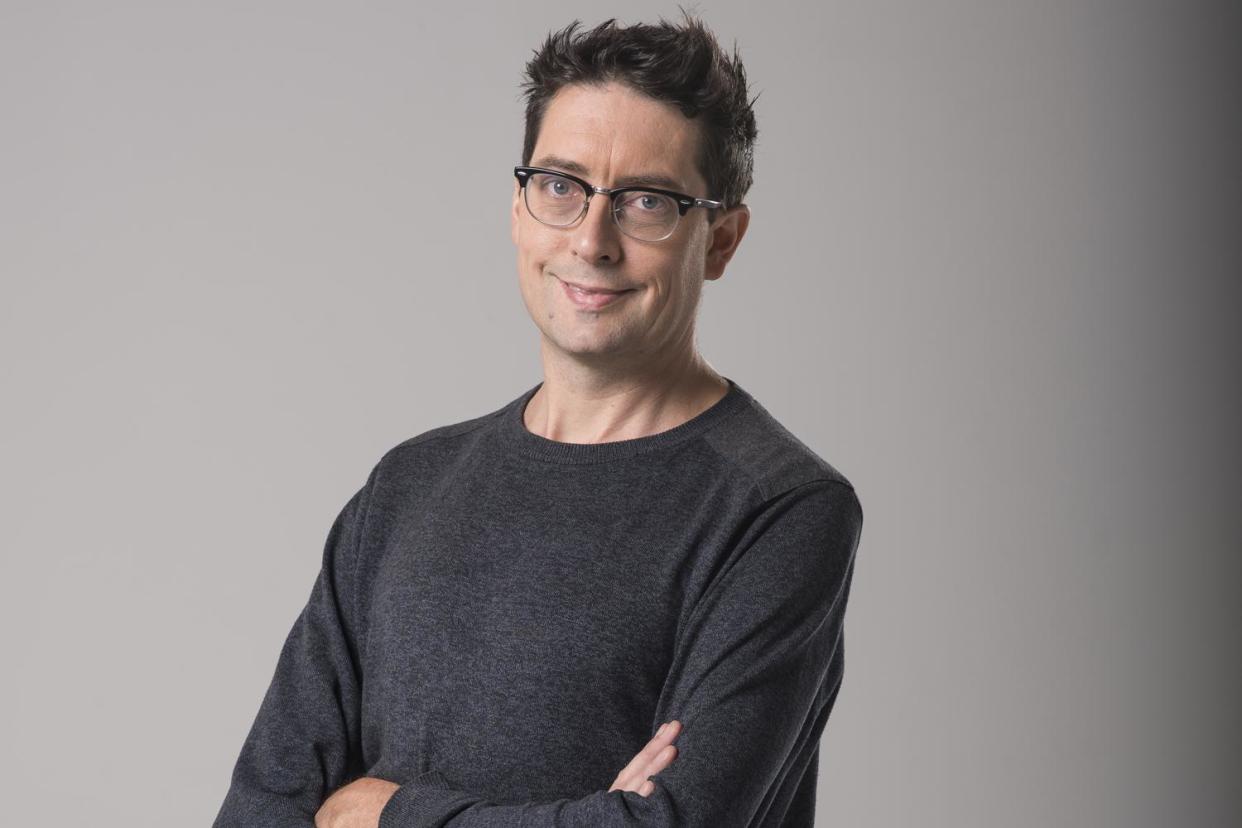When that CBE, MBE or knighthood comes calling, be sure you know how to greet it

In a wide-ranging new interview, the artist Damien Hirst reveals that he was once offered an honour — “he thinks it was a CBE” — but turned it down: “It was a few years ago but I don’t think it was made public. I don’t really like that stuff. I got where I was going by myself. The letters after your name thing just feels a bit uncool.” The vagueness is well done: it was years ago and I, like, totally don’t remember but it was something like a CBE or whatever?
Here is a delicate matter of etiquette. If you turn down an honour, setting at nought the baubles of worldly acclaim, you are then presented with the dilemma of whether to keep your high-mindedness to yourself or to tell interviewers, pretend-reluctantly, that you were asked but that you don’t hold with that sort of thing.
Here is the difference between the anonymous donation and the new wing of the museum named after its benefactor. Or here is the honours-list equivalent of keeping your Best Picture Oscar in the downstairs loo next to a stack of tatty old copies of Private Eye. The hell of it is that if you take the properly high-minded route, it may be years after your death before your modesty becomes known. It was only in 2012, for instance, that we learned Roald Dahl, Aldous Huxley, Henry Moore and Francis Bacon had all quietly declined to accept honours.
The honours system, ludicrous as it is, though, is a vital part of public life. It remains the most cost-efficient and transparent, and the least politically compromising, way of bribing political donors, making capital out of popular sporting heroes, and persuading celebrities to show up to parties in Downing Street.
But the honour itself, as Mr Hirst knows, is only part of it. It’s what you do with it. In descending order of position on the moral high ground, it goes like this:
1. Turned down honour without letting anyone know
2. Accepted honour
3. Turned down honour and then told everyone about it
4. Accepted honour and splattered details of honour all over headed notepaper, messages to milkman etc
5. Expressed contempt for honours system then accepted honour
6. Turned down CBE because miffed not to be offered a knighthood
7. Accepted honour then continued to strike jejune anti-establishment poses.
You may spend a sleepy Christmas afternoon slotting your Alan Bennetts, Vivienne Westwoods and David Frosts into this list. Harder to fit into this scale is the poignant case of the person who lets it get out that they’re gagging for a gong and then doesn’t get one. One such — at least reputedly — was Donald Sinden, whose hopes of a knighthood were believed to have been permanently damaged by gossip columnists referring to him as “Sir” Donald Sinden. He finally got his K in 1997, and hand-delivered his acceptance letter to Number 10.
Anyway, I leave readers to draw their own conclusions when, in a couple of weeks’ time, my own name does not appear as KCMG on the New Year’s list.
A German stereotype best ignored
In recent years faddish parents have lapped up books on how to rear children the French way, the Dutch way, the Chinese way and others. The latest, published in January, is the admittedly excellently titled Achtung Baby, which promises to explain “the German art of raising self-reliant children”. The author even has the chutzpah to claim that “contrary to stereotypes, most German parents […] are the opposite of strict”. That is to inscribe a new stereotype. Could we not accept that just as you’d be laughed into silence if you claimed there’s a British childrearing style, we should ridicule anyone claiming there’s a single German method? As with all these books, file under “cobblers” and dismiss.
I’m in the Strictly zone now
I still really can’t fathom the appeal of Strictly, but having an eight-year-old daughter I don’t get much of a choice but to watch it, to the accompaniment of incessant sofa-jumping and shrieks of excitement.
I even admit a flicker of warmth kindled in my cold heart to behold the loveable hobbit face of Joe McFadden, pictured with dance partner Katya Jones, transformed with joy at his win. But Alexandra Burke was the better dancer, surely?
Boris and Jacob, brothers in oratory
Boris Johnson says he doesn’t want the UK (or whatever’s left of it) to be a “vassal state” of the EU. These are the same words Jacob Rees-Mogg used a day or two earlier. That’s intriguing. What does it mean? In the past, Boris has adapted the words of other great men: “Go back to your constituencies and prepare for breakfast” (David Steel); “an inverted pyramid of piffle” (Kingsley Amis).
So is this an instance of T S Eliot’s dictum: “Immature poets imitate, mature poets steal”?
Or of Darth Vader’s “When I met you I was but the learner. Now I am the master”? (“Only a master of evil, Moggie.”) Or does it suggest an alliance?
A colleague shrewder than I inclines to the view that all it shows is that both men see everything in terms of the feudal system.

 Yahoo News
Yahoo News 
